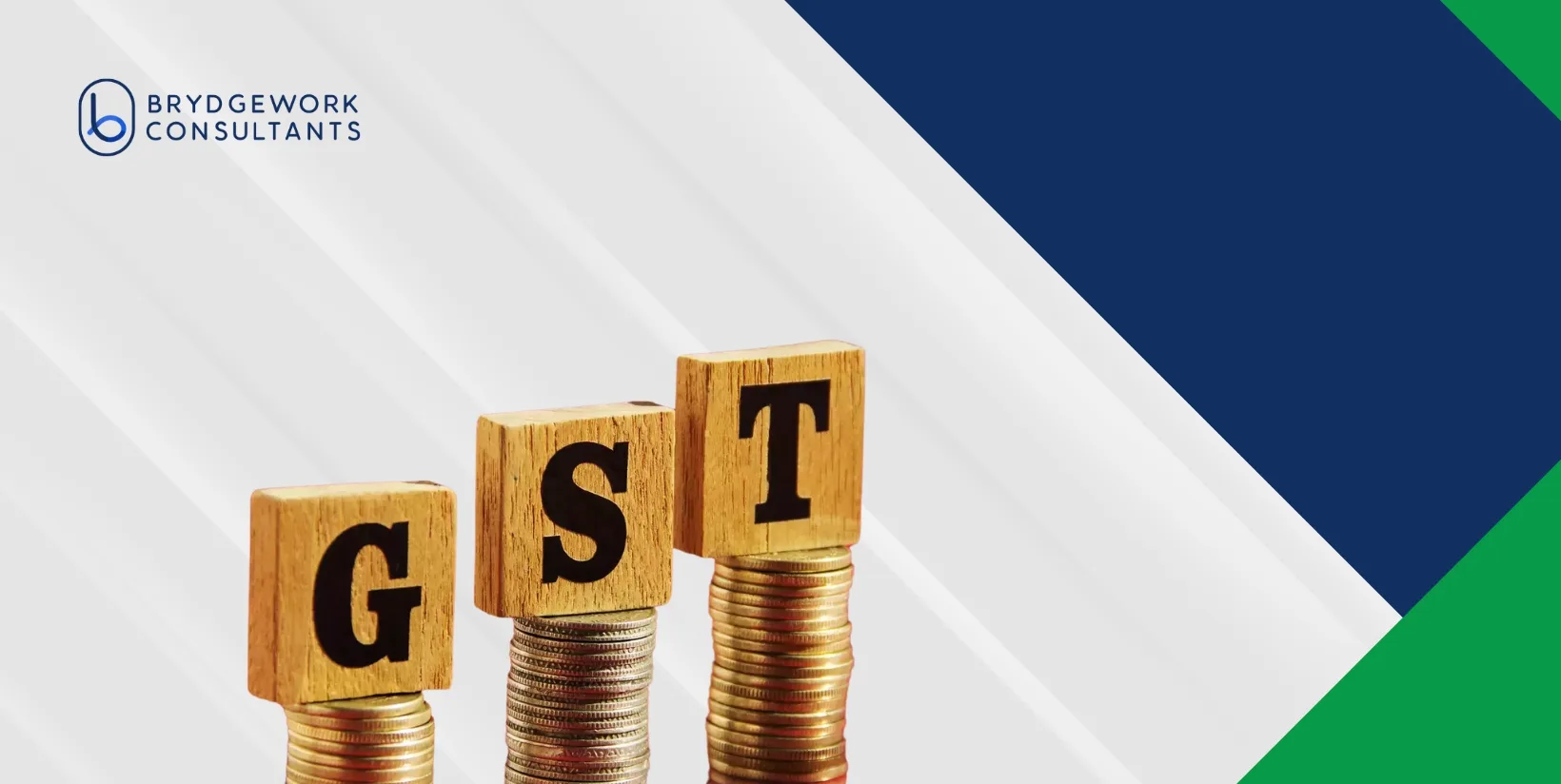
Goods and Service Tax (GST) was introduced in India in 2017 to replace all preceding taxes applicable to the sale of goods and services. It is an indirect tax levied upon the final consumption of goods and services, meaning that a business can make up for the tax they pay for purchases by charging tax from their customers. The burden of tax lies on the end consumer or the party that purchases for consumption.
Businesses with an annual gross sales or turnover exceeding Rs. 40 lakhs for products and Rs. 20 lakhs for services must register under GST. For States with Special Category Status, the threshold limits for turnover are Rs. 20 lakhs for products and Rs. 10 lakhs for services.
Certain businesses are mandatorily required to register under GST, irrespective of the size of their business, which include:
Failure to register can lead to penalties of about 10% (for genuine errors) to 100% (for deliberate defaulters), subject to a minimum of Rs. 10,000.
If your gross turnover is lower than Rs. 1.5 Crore, you are eligible to register for GST under the Composition Scheme. For the North-Eastern States and Himachal Pradesh, this limit is Rs. 75 lakhs. As per the scheme, the business is required to pay tax on a fixed percentage of its turnover instead of the GST tax slabs. This allows small businesses to save a few dimes on the tax and also reduces their compliance requirements.
However, it comes with the caveat that a composition dealer cannot claim the benefit of Input Tax Credit. They are not permitted to indulge in inter-state transactions or deal in goods that are non-taxable under GST, like alcohol. Additionally, they cannot issue a tax invoice – they will be required to raise a Bill of Supply, as they pay the tax separately.
To opt for this scheme, GST CMP-02 has to be filed with the government via the GST portal at the beginning of every financial year.
Businesses falling under the threshold limits have the option of registering under GST voluntarily. This can offer certain benefits. For instance, it integrates your venture with the tax regime, which essentially means you will have no complications in the conduct of your business on this front, provided that all compliance requirements have been met. That said, you can carry out business transactions with parties situated in other states and collect input tax on your purchases. It also adds to your ease of doing business, as most suppliers registered with GST prefer to deal with other registered firms as it allows them to avail the benefit of input tax credit. Finally, being registered and meeting compliances makes it easier for your firm to access loans for scaling up, as it gives your firm a certain credibility.
However, this also has some drawbacks. To begin with, your business will have to invest in technology, specifically in ERP software, to file returns. Secondly, your compliance requirements will increase, as you will be required to file GST returns, maintain records, and follow the guidelines. And it goes without saying that your tax burden will be higher.
The process of GST registration is fairly comprehensive, and we recommend you visit the government’s e-manual for a thorough, step-by-step guide for registering under GST. To register, visit the registration page on the GST Portal.
Registering for GST is free of charge, but as mentioned, involves a long and tedious process. Brydgework Consultants can make it easier for you by taking care of all the hassle. To know more about our professional services that help businesses with their initial set-up requirements, click here.
Based on the type of your organisation (Sole Proprietorship, Partnership, Joint Stock Company, Hindu Undivided Family or Cooperative), as well as the nature of your business, the GST portal provides you with the list of documents that need to be submitted at the time of registration. The common documents required for the registration process are listed below:
In this article, we looked at all major aspects related to GST registration and also looked at its importance. Brydgework Consultants can help your organisation navigate the entire process without breaking a sweat. To know more about any particular elements of the process, or to get help with the GST registration for your business, feel free to reach out to us.
December 22, 2024 | Pranav Garg
We have all received emails in our inboxes from places that we a) willingly signed up for out of genuine…
Read More
July 19, 2025 | Hemant Kumar
India’s employment landscape is rapidly changing. Salaries have hardly moved, with just about 0.4 percent yearly growth over the past…
Read More
December 17, 2024 | Pranav Garg
In the year 2006, the government came up with the Micro Small and Medium Enterprises (MSME) Act with the objective…
Read More